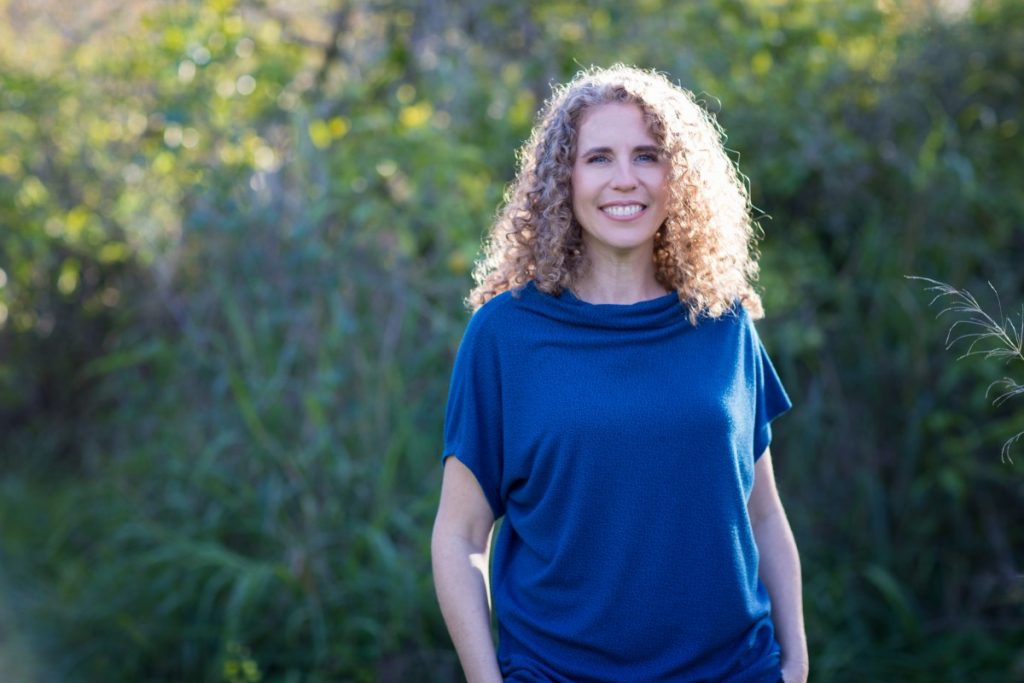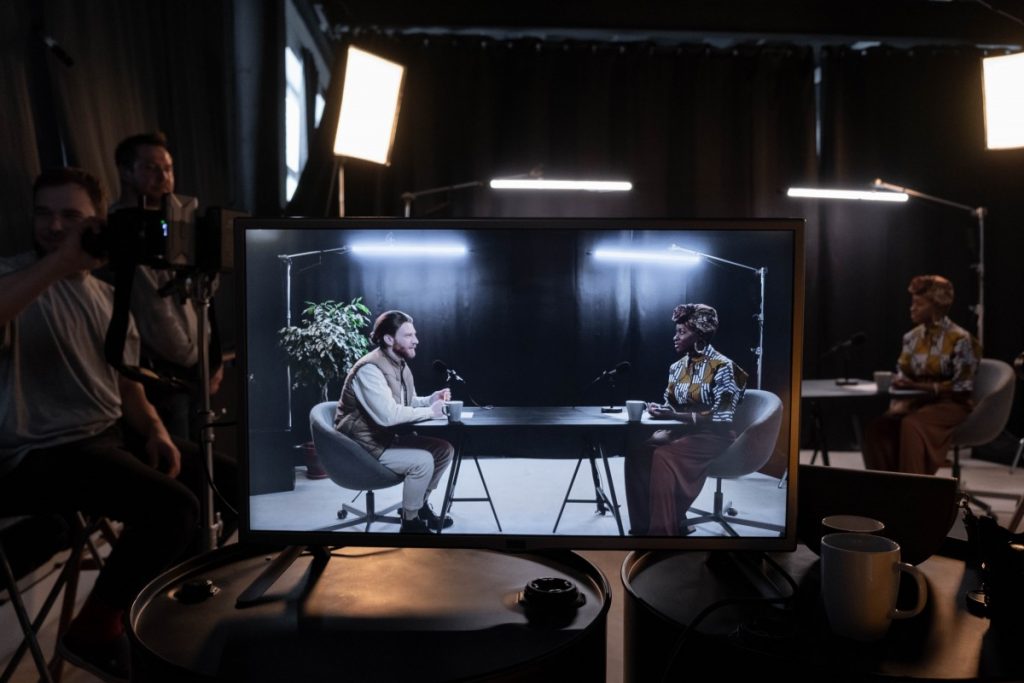
As a Sociologist of Culture and Religion, I study social spheres in which Religion, Spirituality and Psychology intersect, revealing the social dimensions of contemporary culture of the self. In my recent book, Inward: Vipassana Meditation and the Embodiment of the Self (University of Chicago Press) I take the reader on an ethnographic journey into the lives of practitioners of vipassana, a Buddhist meditation of mindfulness that was revitalized and adapted for a secular audience. The book unravels the social and interactive dynamics that conjure the turn inward which characterizes contemporary society, and sheds light on the complex relations between bodies, selves, and social worlds.
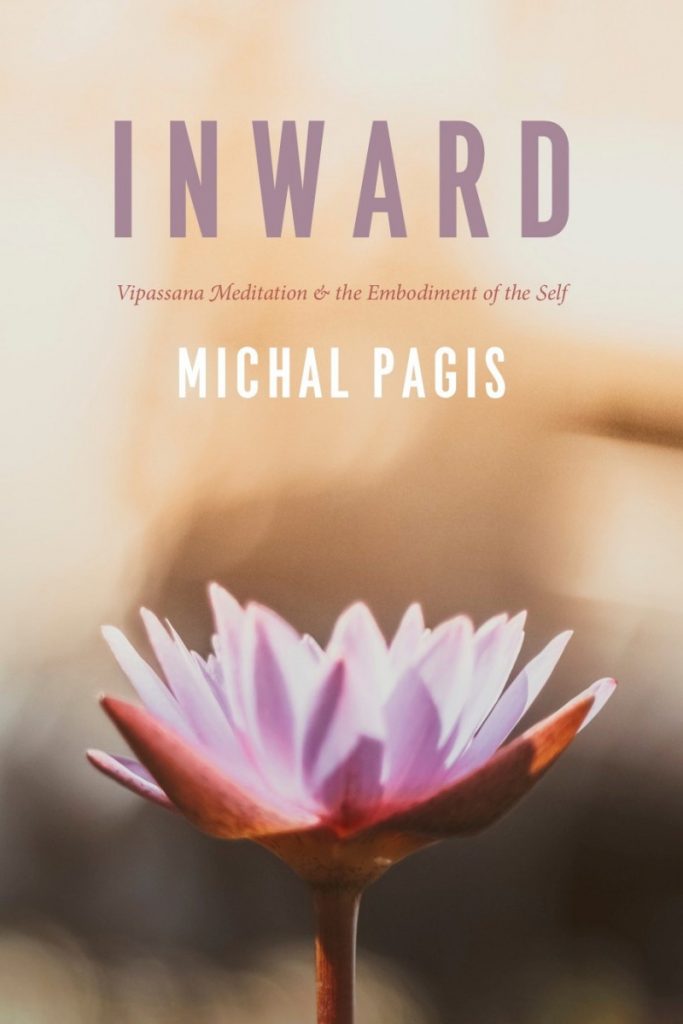
“Pagis weaves theory, participant interviews, and her own personal experiences seamlessly together, resulting in a reading experience that continually surprises, engages, and persuades. Inwards is a welcome addition to the growing body of literature on the secular and religious study of meditation and should be considered essential reading for those interested in the transformative powers of interiority.” Tyler Carter | H-Net
About Me
I am a senior lecturer at the department of Sociology and Anthropology, Bar Ilan University, Israel. I hold a PhD in Sociology from the University of Chicago. Before joining the faculty at Bar-Ilan I was a post-doctoral Buber Fellow at the Hebrew University of Jerusalem. My research focuses on practices and techniques of self-formation and transformation in contemporary society, including, among others, meditation, life-coaching, spiritual care, self-help and popular psychology.
02
book
“Pagis deftly draws readers into the world of contemporary vipasanna meditation, and in so doing shows us how fruitful—and important—sociological attention to the varied social practices that retool the relations of self and other, private and public, visible and invisible, can be. Inward is a beautifully rendered ethnography with important implications for the study of the body and self-making.”
Courtney Bender, Columbia University

Western society has never been more interested in interiority. Indeed, it seems more and more people are deliberately looking inward—toward the mind, the body, or both. Michal Pagis’s Inward focuses on one increasingly popular channel for the introverted gaze: vipassana meditation, which has spread from Burma to over forty countries and counting. Lacing her account with vivid anecdotes and personal stories, Pagis turns our attention not only to the practice of vipassana but to the communities that have sprung up around it. Inward is also a social history of the westward diffusion of Eastern religious practices spurred on by the lingering effects of the British colonial presence in India. At the same time Pagis asks knotty questions about what happens when we continually turn inward, as she investigates the complex relations between physical selves, emotional selves, and our larger social worlds. Her book sheds new light on evergreen topics such as globalization, social psychology, and the place of the human body in the enduring process of self-awareness.
Reviews
Randall Collins, University of Pennsylvania
“This striking ethnography sticks in one’s mind: rooms full of silent meditators coordinating their body rhythms on a tacit channel, observing sensations over every inch of their bodies, and washing away pains not by seeking their causes but by detached attention. Pagis depicts meditation in a secular age, not as religion but as bodies among bodies giving each other space to repair the inroads of too much social self.”
Andreas Glaeser, University of Chicago
“Pagis’ beautifully written, brilliantly argued ethnography of meditation makes three major contributions: it shows how some of our most private experiences are socially enabled; it demonstrates how our selves are not only linguistically but sensuously mediated; and it reveals how attention is not merely a faculty but a practice. All three have profound consequences for understanding the sociality of human beings.”
American Journal of Sociology
“Pagis’s book is a tour de force for those interested in social constructivist theories of self-development; sociologists of religion, spirituality, and Buddhism; and meditators. The book would provide excellent contributions to sociology courses on these topics. The book is not only carefully constructed, painstakingly grounded in various historical and sociological literatures, but written in an interesting and accessible manner, which students either at the undergraduate or graduate level would enjoy.”
Tyler Carter | H-Net
“Pagis weaves theory, participant interviews, and her own personal experiences seamlessly together, resulting in a reading experience that continually surprises, engages, and persuades. Inwards is a welcome addition to the growing body of literature on the secular and religious study of meditation and should be considered essential reading for those interested in the transformative powers of interiority.”
Research Team

Michal Pagis
PhD
Principle Investigator
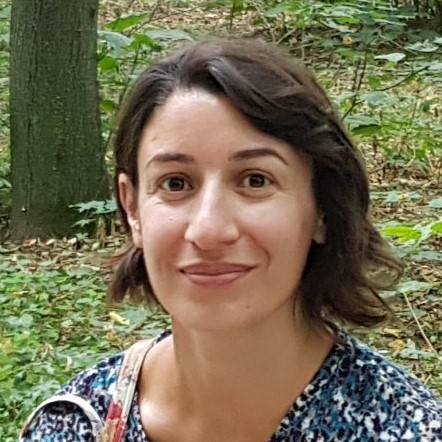
Orly Tal
PhD Candidate
Clinical Psychology and Religious-Spiritual Discourses in Israel

Sari Alfi Nisan
PhD Candidate
Self fulfillment Discourse among Israeli Youth
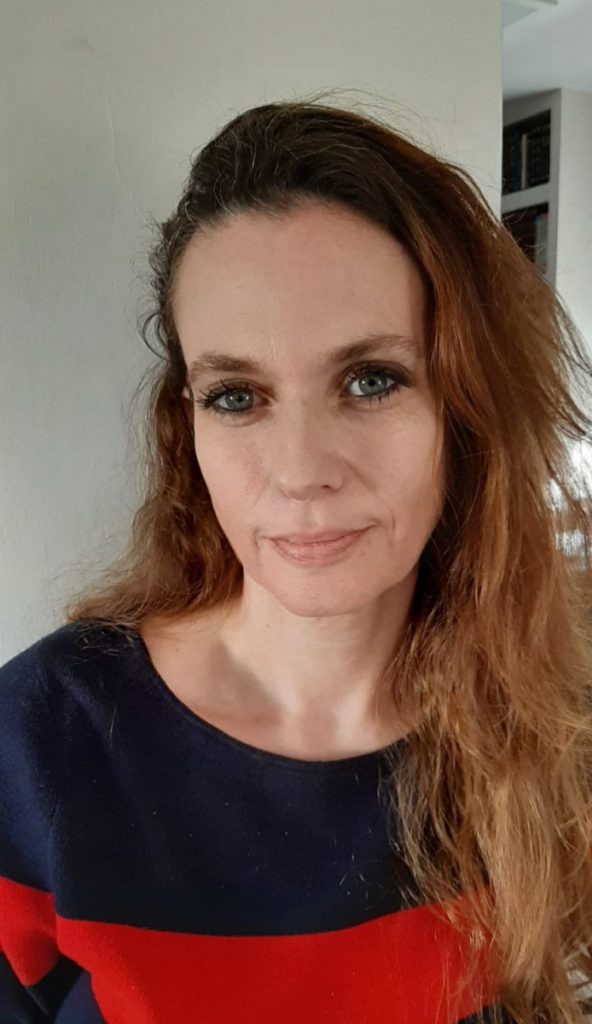
Michaela Nayot
PhD Candidate
Popular Psychology in Ultra-Orthodox Jewish Communities in Israel
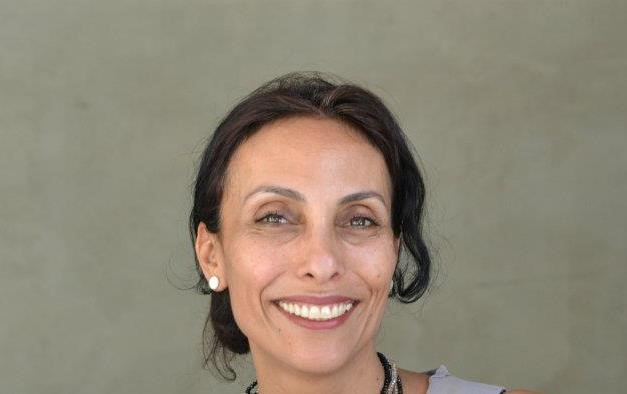
Meirav Hillel Lavan
PhD Candidate
Self Fulfillment in the Transition from Employment to Self-Employment
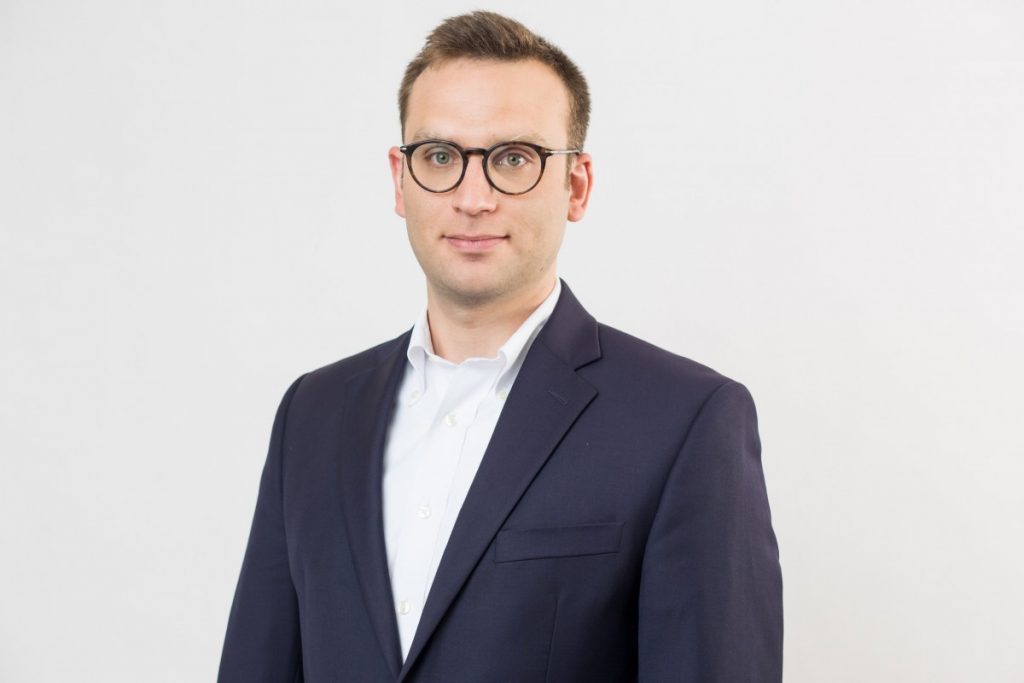
Dov Goldberg
MA Student
Popular Psychology among Ultra-Orthodox Jewish Men
Research Projects
We study social spheres in which religion, spiritually and popular psychology intersect. Using ethnographic methods we analyze these spheres as social spaces where people meet, interact and influence one another both physically and emotionally. Our research projects are diverse and include contemporary practice of meditation, life-coaching, spiritual care, popular psychology in the ultra-Orthodox Jewish community and the re-enchantment of therapy.
Finding Self in Conservative Regimes

The modern culture of the self is regarded as a substitute for religious and communal ethics, and its spread is associated with global processes of neo-liberalization and individualization. How, then, can we explain the recent adoption of popular psychological techniques and discourses by conservative religious groups, such as the ultra-Orthodox Jewish communities in Israel, that emphasize commitment to a collective path? This phenomenon challenges common assumptions regarding the homogenous influence of neo-liberalism, revealing intricate relations between religious authority, collective ethics and secular psychology-based techniques of identity crafting. This collaborative project is joint with Prof. Nissim Leon from Bar Ilan and our students Michaela Nayot and Dov Goldberg and is supported by the Israeli Science Foundation.
Re-enchanting Therapy

Why and how do clinical psychologists turn to religious and spiritual traditions? What kind of new relations between religion and psychology emerge in this process of re-enchantment of therapy? Based on participant observations in courses and workshops on Buddhist and Jewish psychology oriented to psychologists, we study what religion-inspired psychologists find to be missing from their profession, why they need religion or spirituality in order to change contemporary therapy, and how they adapt religious/spiritual ideas and practices so these could be used in their therapy work. This project is led by PhD candidate Orly Tal.
Self-Fulfillment at Work

Much has been said about the rise of work as a central identity marker in modern society. With the recent popularization of self-help and positive psychology, this identity marker broadened its signification to include new emotional needs such as love and passion. Sociological studies have criticized this utopia as a myth that serves capitalist neo-liberal structures, leading to frustration and self-blame. However, little is known about how workers themselves confront this myth, and the strategies they employ when attempting to inhabit it in today’s precarious job market. Based interviews and participant observation among workers who attempt to improve their work experience we track their attempts and strategies, partial implementation, uncovering how they maintain subjective experiences of agency in a sphere characterized by growing structural constraints.
Religion and Embodiment

This project examines how the embodied, sensory dimensions of religious practice matter in the construction of religious experience. We draw sociological attention to the religious cultivation of a particular class of embodied experiences: somatic inversions. Somatic inversions are experiences in which dimensions of human embodiment that usually remain in the tacit background of action and perception are brought to the experiential foreground. We demonstrate how these kinds of practically cultivated experiences of inversion – while not religious in any essential way – enable and encourage attributions of religious significance, making purportedly religious phenomena present to the senses and open to further engagement, exploration, and elaboration. Examples include meditation, fasting, prayer and pilgrimage. This collaborative project is joint with Prof. Daniel Winchester from Purdue University
publications
Book
- Inward: Vipassana Meditation and the Embodiment of the Self. Chicago: The University of Chicago Press.
Articles and Book Chapters
2021, Sensing the Sacred: Religious Experience, Somatic Inversions, and the Religious Education of Attention. Sociology of Religion. With Daniel Winchester.
2021, Mediating the Sacred: Thinking through Religious Experience in the Classics and Beyond. In The Handbook of Classical Social Theory, Edited by Seth Abrutyn and Omar Lizardo. Springer. With Daniel Winchester.
2020, Inhabiting the Self-work Romantic Utopia: Positive Psychology, Life Coaching, and the Challenge of Self-fulfillment at Work. Work and Occupations.
2020, Embodied Therapeutic Culture. In The Routledge International Handbook of Global Therapeutic Cultures, Edited by Daniel Nehring, Ole Jacob Madsen, Edgar Cabanas, China Mills and Dylan Kerrigan. Routledge.
2020, The Sociology of Meditation. Oxford Handbook of Meditation. Oxford Press
2018, Translating Spirituality: Universalism and Particularism in the Diffusion of Spiritual Care from the United States to Israel. Sociological Forum 33: 596-618. With Wendy Cadge and Orly Tal.
2017, The Paradoxes of Self-branding: An Analysis of Consultants’ Professional Webpages Work and Occupations 44: 243-267. With Galit Ailon.
2017, What do Non-Clergy Spiritual Care Providers Contribute to End of Life Care in Israel? A Qualitative Study Journal of Religion and Health 56:614-622. With Orly Tal and Wendy Cadge.
2016, Fashioning Futures: Life-Coaching and the Paradox of Self-made Identities. Sociological Forum 31 (4), 1083-1103
2015, Evoking Equanimity: Silent Interaction Rituals in Vipassana Meditation Retreats. Qualitative Sociology 38:37-56
2014, Enhancing the Spirit of Entrepreneurship: African Labor Migrant Returning from Israel. Migration Studies 3:260-80. With Galia Sabar.
2013, Religious Self-constitution: A Relational Perspective. In Religion on the Edge, Edited by Peggy Levitt, Courtney Bender, David Smilde and Wendy Cadge. Oxford: Oxford University Press.
2010, From Abstract Concepts to Experiential Knowledge: Embodying Enlightenment in a Meditation Center. Qualitative Sociology 33 469-489
2010, Producing Intersubjectivity in Silence: An Ethnography of Meditation Practices. Ethnography 11: 309-328
2009, Embodied Self-Reflexivity. Social Psychology Quarterly 72: 265-283.
Get in Touch
Department of Sociology and Anthropology
Bar Ilan University
Visit
Office:
Building 213, room 406
Bar Ilan University
Ramat Gan 5290002
Israel
Contact Me
Tel: 03-5318186
Email: michal.pagis@biu.ac.il
